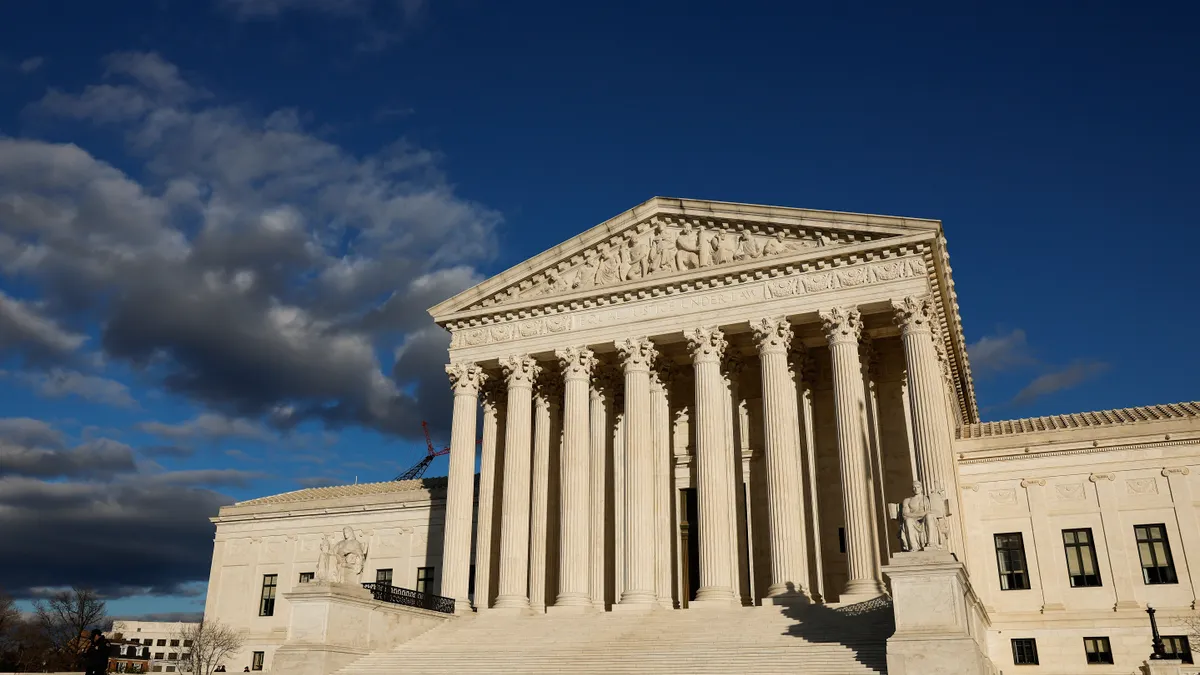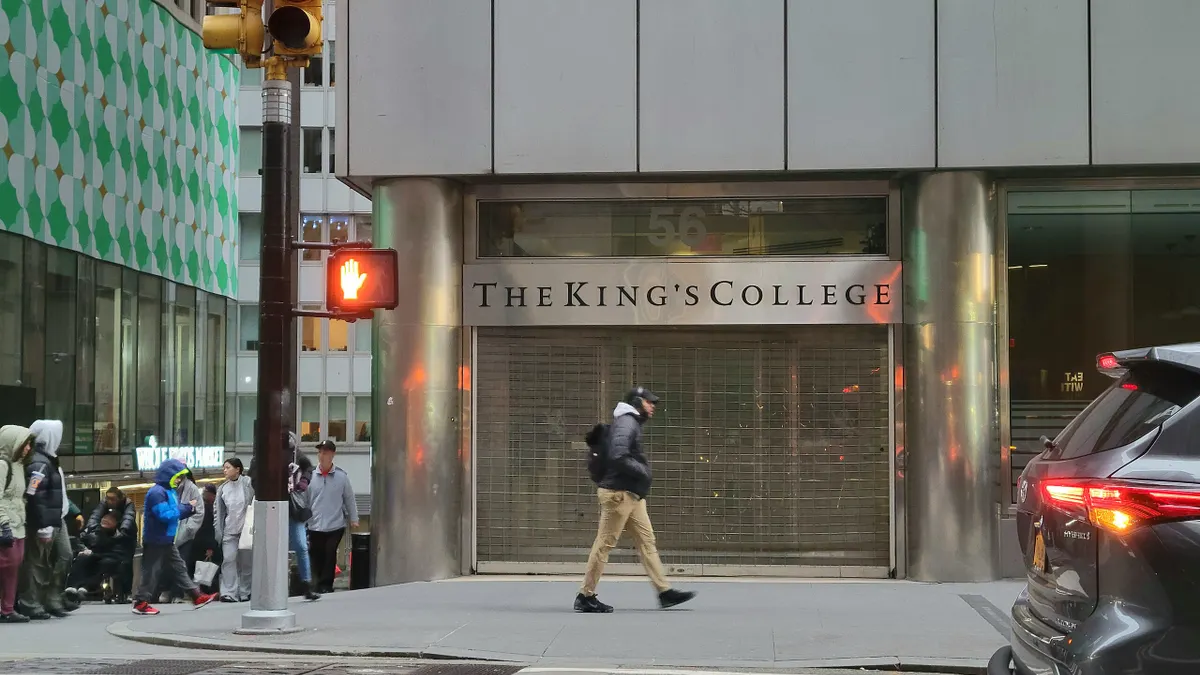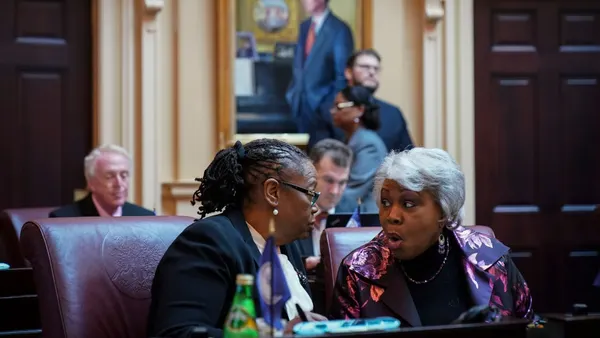The U.S. Department of Education will likely face “stronger and new challenges” to its regulatory agenda following the landmark U.S. Supreme Court decision overturning the Chevron doctrine, according to a Thursday report from Moody’s Investors Service.
Last month, the top court struck down the 40-year precedent that deferred the interpretation of ambiguous statutes to government agencies. According to Moody’s analysts, the ruling means that courts will “have the primary responsibility to interpret laws when congressional legislation lacks clarity,” weakening the authority of agencies like the Education Department.
Moreover, regulators won’t be able to respond to developments with the same speed, they argued.
“Whether it is the introduction of new rules or the stripping away of old ones in a future administration, the path is likely to be anything but smooth,” they wrote.
Moody’s analysts called out several regulations that could come under threat at the Education Department.
They include the gainful employment rule, which requires career education programs to show that their graduates make enough to repay their federal student loans and that at least half earn as much as those with only a high school diploma. Colleges that fail these standards risk losing access to federal funding.
“The department’s Gainful Employment Rule meant to protect students from predatory programs may be harder to enforce, affecting education quality and student debt levels,” the analysts wrote.
The rule took effect July 1. Even before the ruling striking down Chevron, the Education Department has faced legal challenges over these regulations.
In one ongoing case, the American Association of Cosmetology Schools has argued that the rule uses a flawed measure that doesn’t properly track the income of tipped workers. Therefore, the association contends its member colleges may be unfairly penalized .
AACS’s lawsuit was recently consolidated with a similar legal challenge brought by Ogle School Management and Tricoci University of Beauty Culture. Before their complaint was combined with AACS’s lawsuit, a federal judge denied Ogle and Tricoci's request for a preliminary injunction against the gainful employment rule.
Moody’s analysts said pending regulations could also be “delayed or curtailed.” Notably for colleges, those could include rules governing Title IX, which bars sex-based discrimination in colleges and schools that receive federal funding.
In April, the Biden administration released its new Title IX rule, which expands the law’s protections to LGBTQI+ students. Although the rule is slated to take effect Aug. 1, courts have temporarily blocked its implementation in at least 14 states.
The Education Department’s plans for student debt relief are also at risk.
The agency recently released draft regulations to provide relief for certain groups of borrowers, such as those who entered repayment over 20 years ago. The Education Department plans to release its final rule in October.
But the Supreme Court ruling could make carrying out those plans challenging.
“Disputes over student debt relief are likely to intensify or grow in number,” Moody’s analysts said.















